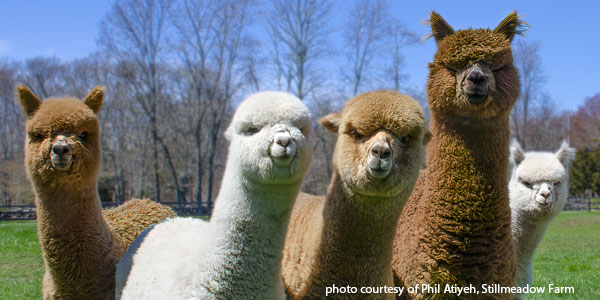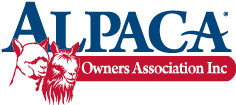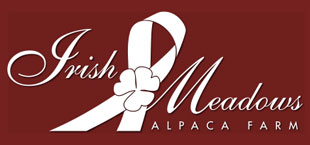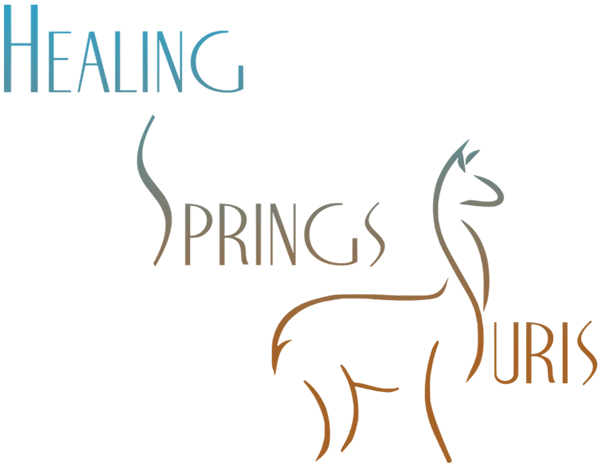AlpacaGram 7.68 | Scams and phishing and spoofing, oh my!
 | |||
| |||
Scams and Phishing and Spoofing, Oh MyDisasters, pandemics, and elections bring out the scammers more than any other time. With all three happening currently we need to be extra vigilant. They can come by email, text, phone, or even by a person knocking on your front door. Below are some suggestions and resources to help protect yourself. Purchase ScamsMembers are currently being contacted via text by a person going by the name Scott Burleign with the message that they want to purchase an alpaca and asking for their contact information so that they can send a check. The scammer will give you information that they have found on your public website. This is a common scam targeting livestock producers who advertise through reputable publications. Often they state they will send a cashier’s check for more than the asking price with the extra payment to go back to them or a shipper. The original check is fraudulent and the seller is out the money. Question every communication and if it appears too good to be true it probably is! COVID ScamsA current scam sends a text stating you have been in contact with someone who has tested positive for COVID with a link for more information. Clicking this link is a way for viruses and malware to enter your system or open you up to giving away personal information. Election ScamsElection scams can involve people posing as political volunteers and asking for donations of cash or by giving them a credit card number. Political survey scams also happen where they try to gather private data from you. Voter registration scams can happen over the phone where they may ask for your social security number. Voter registration over the phone is not allowed in any state. Never give personal information to unsolicited contact no matter how they may approach you, either in person or electronically. Natural Disaster ScamsSome common scams following a natural disaster are home repair scams, impersonation of government or insurance company representatives, or donation scams. Home Improvement Scams can involve aggressive sales pitches, upfront payments, one day only discounts, and unfamiliar business names with no business license or written information. The Better Business Bureau is a great resource to verify contractors. Government officials will always carry official identification and may not nor will accept money. There is never a fee to request disaster assistance. If you get a call from about an insurance policy, never give out personal information until you verify it is legitimate. It is better to hang up and contact your agent or the company directly. Also never give your policy information to contractors who claim to work with your insurance. To avoid donation scams, donate to trusted charities and never open suspicious emails or click the links. Verify all charities through their official website or one of the resources below. Phishing and SpoofingPhishing and spoofing are types of scams where criminals impersonate legitimate organizations in order to steal sensitive information or trick you into downloading malware or ransomware. A recent famous phishing attack this summer led to the hack of several Twitter accounts including Barack Obama's and Bill Gates' accounts. Can you spot a phishing email? Test your skills with this online test at https://phishgoggles.com/swipeit/. It is an eye opener! Resources, Guides, and Help for Consumers
| |||
|
|
© 2020 Alpaca Owners Association, Inc.



